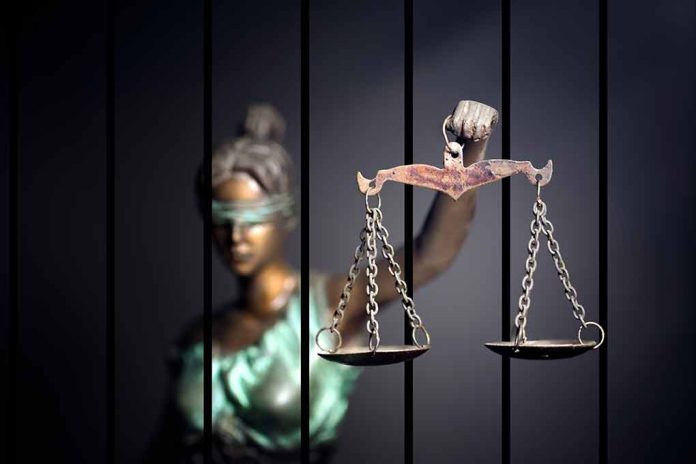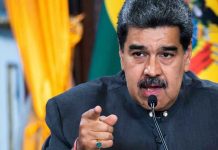
Russia imprisons top election watchdog Grigory Melkonyants for five years in what UN expert calls a “grave miscarriage of justice” aimed at silencing those who dare monitor Putin’s electoral system.
Key Takeaways
- UN Special Rapporteur Mariana Katzarova has demanded the immediate release of Grigory Melkonyants, calling his imprisonment a “blatant attempt to silence” election transparency advocates
- Melkonyants was held in pre-trial detention for over a year before receiving a five-year sentence based on questionable evidence and his association with Golos, an election watchdog
- His case represents part of a broader Kremlin crackdown on rights activists that intensified following Russia’s 2022 Ukraine invasion
- Russian authorities have used “foreign agent” laws to criminalize international cooperation and civic engagement, violating international legal standards
UN Demands Release of Russian Election Monitor
The United Nations has formally condemned Russia’s imprisonment of prominent election law expert Grigory Melkonyants, highlighting yet another example of the Kremlin’s systematic elimination of independent voices. Mariana Katzarova, the UN Special Rapporteur on human rights in Russia, issued a strong statement calling for Melkonyants’ immediate release, describing his sentencing as a grave miscarriage of justice and a blatant attempt to silence one of Russia’s critical voices for electoral transparency. The election monitor received a five-year prison sentence after being held in pre-trial detention for over a year—a clear indication that Putin’s regime fears anyone who might expose electoral manipulation.
Melkonyants’ crime was his association with Golos, an election watchdog organization that has spent over 20 years promoting electoral transparency in Russia. In typical fashion, Russian authorities labeled Golos as a foreign agent—a designation increasingly used to criminalize any group that challenges the government’s narrative. The charges against Melkonyants appear to be entirely politically motivated, with authorities using misrepresented evidence and outdated data during his trial. Despite the absence of any proof that he posed a risk to the investigation, the regime kept him locked up for months before his eventual sentencing.
Part of a Broader Crackdown on Dissent
“Melkonyants is being punished not for a crime, but for his steadfast commitment to human rights and safeguarding the principle of free and fair elections in Russia, for over 20 years, ‘Golos’ has advanced electoral transparency and reform in Russia,” said Mariana Katzarova, UN Special Rapporteur on human rights in Russia.
The UN expert directly linked Melkonyants’ case to a larger pattern of suppression that has accelerated since Russia’s 2022 invasion of Ukraine. Putin’s government has systematically targeted human rights organizations, journalists, and political opposition figures—anyone who might challenge the Kremlin’s iron grip on power. The case represents a clear violation of international law, including Article 19 of the International Covenant on Civil and Political Rights, which protects freedom of expression. These violations have become standard practice as Russia increasingly isolates itself from international norms while claiming to uphold its own constitution.
Weaponizing “Foreign Agent” Laws
The Kremlin has perfected the art of using ‘foreign agent’ and ‘undesirable organization’ legislation to criminalize international cooperation and civic engagement. These laws allow authorities to target virtually any group that receives foreign support or challenges government policies. Recently, Amnesty International was declared an undesirable organization for allegedly backing Ukraine against Russia, promoting Russophobic narratives, and financing ‘extremists’ and ‘foreign agents’, according to Katzarova’s report.
Melkonyants, now classified as a political prisoner, has documented inconsistencies between his treatment and the Russian Constitution’s supposed guarantees. His case serves as a stark reminder of how Russia continues to diverge from legitimate democratic processes. While the UN and international human rights organizations continue to condemn these actions, Putin’s regime shows no signs of reversing course. The imprisonment of election monitors like Melkonyants ensures that future Russian elections will remain free from meaningful oversight or transparency—exactly as the Kremlin intends.













